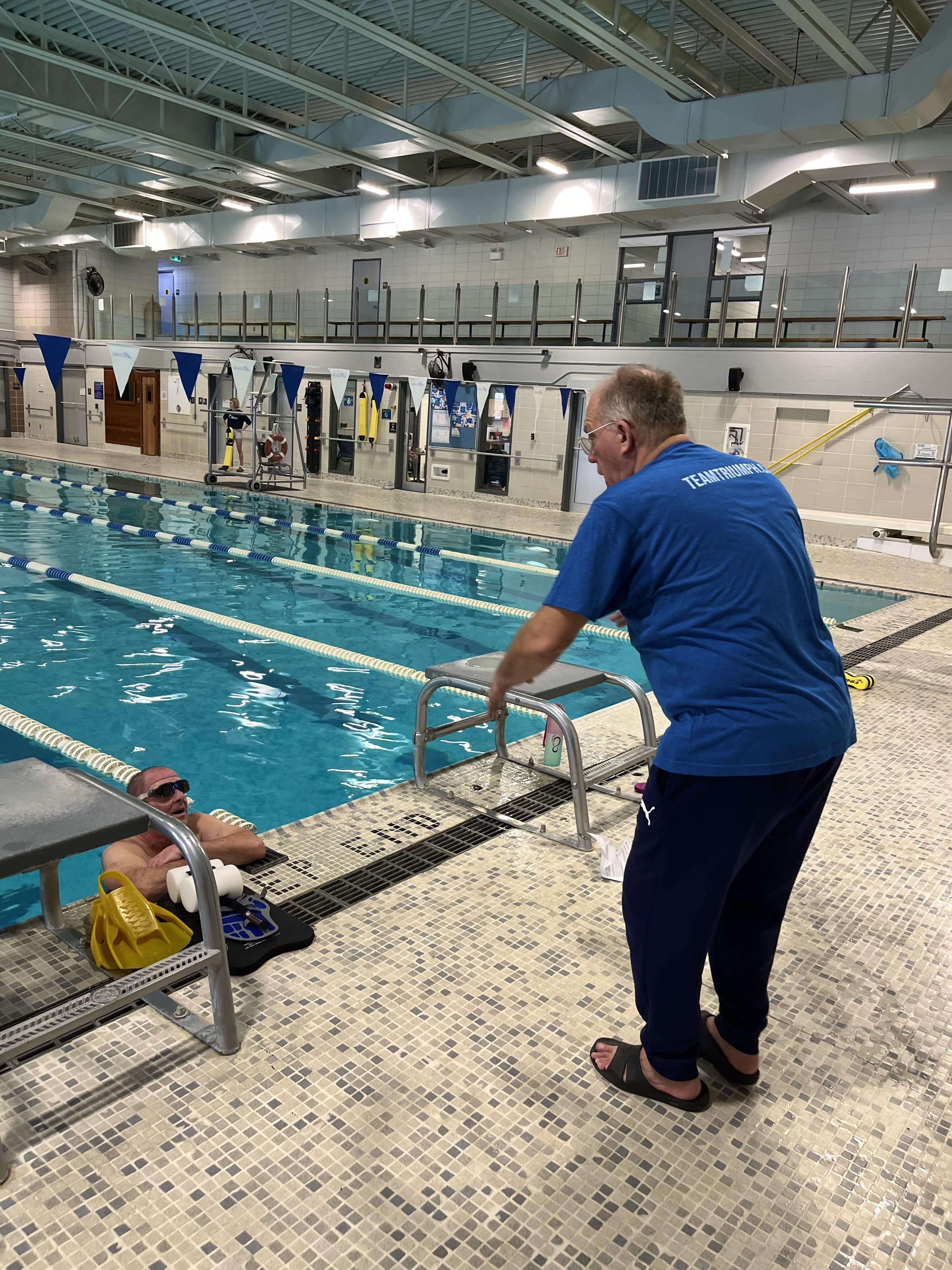
Completing a triathlon is a significant achievement, whether you're a first-timer or a seasoned athlete. After crossing the finish line, while the experience is still fresh in your mind, taking the time to write a race report can be incredibly beneficial for you and your coach. Here's why documenting your race experience is important:
1. Reflection and Learning
Writing a race report allows you to reflect on every aspect of your race. This reflection can help you and your coach identify what went well and what didn’t. By analyzing your performance, you can pinpoint areas for improvement, such as pacing, nutrition, or transitions. This self-awareness is crucial for personal growth and future race success.
2. Tracking Progress
A race report serves as a personal record of your achievements and challenges. Over time, you can look back at your reports to see how far you've come. Tracking your progress through written documentation helps you understand your development as an athlete and keeps you motivated.
3. Sharing Knowledge
Your experiences can be invaluable to others in the triathlon community. By sharing your race report, you provide insights that can help fellow athletes prepare for their races. Whether it’s tips on the course, advice on gear, or strategies for race day, your report can be a helpful resource.
4. Emotional Release
Triathlons can be emotionally intense. Writing about your race allows you to process these emotions, whether it’s the thrill of crossing the finish line or the frustration of a setback. This emotional release can be cathartic and help you move forward with a clear mind.
5. Building Community
Sharing your race report fosters a sense of community. When you post your report, you connect with other triathletes who may have raced with you or are planning to race in the future. This connection can lead to valuable friendships, training partnerships, and support networks.
6. Goal Setting
Documenting your race experience helps you set realistic goals for future races. By identifying what worked and what didn’t, you can set specific, achievable objectives for your next triathlon. This goal-setting process is vital for continuous improvement and long-term success.
7. Creating a Personal Archive
Your race reports become a personal archive of your athletic journey. They capture the details that might fade with time, preserving memories of your accomplishments, challenges, and growth. This archive can be a source of pride and motivation for years to come.
When writing your race report, consider including the following sections:
Pre-Race Preparation: Describe your training leading up to the race, your tapering strategy, nutrition, hydration and any pre-race rituals or routines.
Race Day Details: Provide an overview of the race day, including the weather, course conditions, and your mental and physical state at the start.
Swim, Bike, and Run: Break down each segment of the triathlon, discussing your performance, any challenges you faced, and what went well.
Nutrition and Hydration: Take note of what you at and drank along the way and how it made you feel. Calculate how many grams of carbohydrates you consumed throughout each leg of the race.
Transitions: Reflect on your transition times and processes, noting any areas for improvement.
Post-Race Reflection: Summarize your overall experience, including your finishing time, feelings after the race, and key takeaways.
Lessons Learned: Highlight what you learned from this race and how you plan to apply these lessons in future races.
Writing a race report is more than just a recount of your triathlon; it’s a valuable tool for reflection, learning, and community building. By taking the time to document your experience, you not only enhance your own development as an athlete but also contribute to the collective knowledge of the triathlon community. So, after your next race, grab a pen or open your laptop, and start writing your race report. Your future self will thank you.
Julia Aimers
CSEP Clinical Exercise Physiologist
CSEP High-Performance Specialist
Certified Triathlon, Cycling, Yoga and Swimming Coach
USA Cycling Level 2 Coach
Training Peaks Accredited Coach

I would highly recommended Eric and Team Triumph!
Ian Ross

A year ago I could only tread water and had not run since childhood. With the amazing Virtual Olympic course, support, guidance, and tips from of all the folks at Team Triumph I've ended the season with my first Olympic distance triathlon under my belt and am hooked! Really looking forward to the 2025 season and even to the hard work over the winter to prepare. Karen Houle

I wanted to let you know that the Perth triathlon was a great experience, I somehow placed third in my age group! What a supportive group of participants (including Team Triumph athletes), cheering bystanders and volunteers.
Thanks to your swim lessons, I learned the technical basics and gained confidence to get back in the pool after decades. And it was really special doing this with Ann Laidlaw, my bestie for many years. We did a couple of additional swims with Kevin and Team Triumph people, also a great way to continue learning and practicing good technical form.
I will continue with lane swimming and who knows, maybe there's another triathlon in my future!